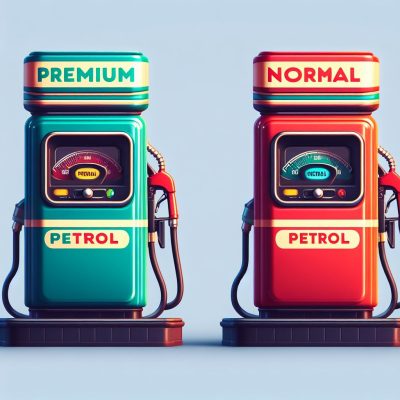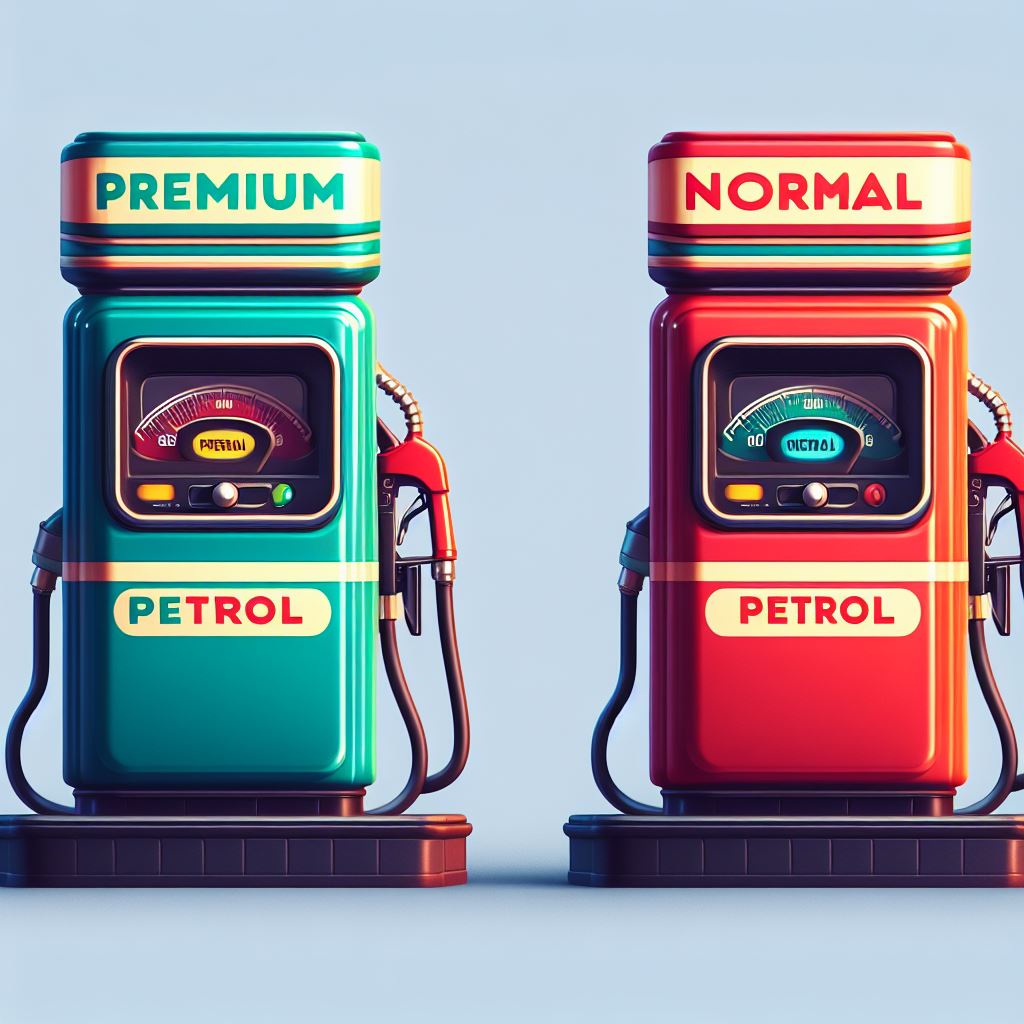In the ever-evolving world of automotive fuel options, the decision between premium petrol and normal petrol can seem like a daunting task. With claims of superior performance, increased efficiency, and prolonged engine life, the stakes are high.
This article aims to unravel the complexities and shed light on the truth behind the premium petrol versus normal petrol debate. By exploring key factors such as octane number, additives, performance, and fuel economy, readers will gain the knowledge needed to make an informed decision and ensure their vehicle’s optimal performance and efficiency.
Key Takeaways
- Premium petrol has a higher octane number and contains additives to keep the engine clean.
- Premium petrol is suitable for high-performance cars with high compression ratio engines.
- Mixing regular and premium petrol is permissible but may affect the engine’s efficiency and performance.
- Using premium petrol in vehicles that do not require it does not provide any additional benefits.
Octane Number and Additives
The octane number of premium petrol is higher than that of regular petrol, indicating its superior ignition quality due to the inclusion of additives. The octane number measures a fuel’s resistance to knocking or pinging during combustion. Higher octane numbers result in smoother and more efficient engine operation.
Premium petrol contains additives that enhance its performance, such as detergents that keep the engine clean and prevent the buildup of deposits. These additives also help protect sensitive engine components from wear and tear.
On the other hand, regular petrol does not contain these additives, making it more suitable for vehicles with lower compression ratio engines.
It is important to note that using premium petrol in vehicles that do not require it does not provide any additional benefits and may not result in improved performance.

Performance and Engine Compatibility
Optimizing the performance and engine compatibility of a vehicle involves considering factors such as fuel type and the proper utilization of additives, ensuring smooth functioning and preventing potential issues.
Premium petrol, with its higher octane number and additives, is suitable for high-performance cars with high compression ratio engines. It does not affect the performance of the engine and helps keep the engine clean.
On the other hand, normal petrol is suitable for low compression engines and does not contain additives. Mixing regular and premium petrol is permissible but may affect the engine’s efficiency and performance.
However, it is important to note that using premium petrol is not necessary unless specified by the vehicle manufacturer. Most mass-market vehicles run smoothly on regular petrol with an octane rating of 91.
It is crucial to follow the manufacturer’s recommendations for fuel type to avoid potential issues and ensure optimal performance.
Fuel Economy
Improving fuel economy can be achieved through careful monitoring of driving style, road conditions, and traffic, rather than relying solely on the type of fuel used.
While the type of fuel can have a minor impact on fuel efficiency, it is not the primary factor. By adopting fuel-efficient driving techniques such as smooth acceleration and deceleration, maintaining a steady speed, and avoiding unnecessary idling, drivers can significantly improve their fuel economy.
Additionally, avoiding congested urban areas with stop-and-go traffic can also help conserve fuel. Road conditions, such as hills or rough terrain, can impact fuel economy as well, so adjusting driving techniques accordingly can make a difference.
Necessity of Using Premium Petrol
Using premium petrol in vehicles that do not require it does not provide any additional benefits to the engine’s performance and efficiency.
Premium petrol, with its higher octane number, is designed for high-performance cars with high compression ratio engines. These vehicles may require higher octane fuel for optimal performance.
However, for most mass-market vehicles, regular petrol with an octane rating of 91 is sufficient. It is important to follow the vehicle manufacturer’s recommendations for fuel type to avoid potential issues.
There is no significant increase in fuel efficiency when using premium petrol, as mileage depends on factors such as driving style, road conditions, and traffic.
Therefore, unless specified by the manufacturer, using regular petrol is suitable and cost-effective for the majority of vehicles on the road.
Fuel Composition and Production
The fuel composition and production of petrol involves breaking down large hydrocarbon molecules into smaller ones through a process called the catalytic cracker. This process is essential in creating the hydrocarbons found in petrol, such as naphthenes, paraffin, and olefins.
Additionally, additives are incorporated into the fuel to enhance its quality. Good quality fuel does not leave carbon deposits inside the engine, which can help maintain engine performance and efficiency.
Understanding the fuel production process is important in ensuring the proper composition and quality of petrol. By breaking down large hydrocarbon molecules, the catalytic cracker allows for the creation of a fuel that is suitable for use in various vehicles.
This knowledge can help individuals make informed decisions when selecting the appropriate type of petrol for their vehicles.
Manufacturer Recommendations and Potential Issues
In accordance with manufacturer recommendations, it is crucial to follow the specified fuel type to avoid any potential issues. Using the wrong fuel type can lead to engine damage, decreased performance, and increased emissions.
Each vehicle is designed to run optimally on a specific fuel type, whether it is regular petrol or premium petrol. The manufacturer takes into consideration factors such as the engine’s compression ratio and performance requirements when specifying the fuel type.
Deviating from these recommendations can result in engine knocking, reduced fuel efficiency, and potential long-term damage. Therefore, it is important for vehicle owners to refer to the manufacturer’s guidelines and use the recommended fuel type to ensure the longevity and performance of their vehicle.
Conclusion
In conclusion, choosing between premium petrol and normal petrol depends on various factors. These factors include octane number, additives, performance, fuel economy, and manufacturer recommendations.
While premium petrol may offer better performance and compatibility for high-performance vehicles, normal petrol can be sufficient for mass-market cars.
Ultimately, it is essential to consider the specific requirements of your vehicle and make an informed decision.
Just like selecting the perfect fuel for your car, choosing the right path in life can lead to smooth and efficient journeys towards success.
